Etiquette in the Modern Corporate World
In a fast-paced corporate world, where first impressions can make or break a deal, the significance of etiquette training cannot be overlooked. From effective communication to professional decorum, etiquette plays a pivotal role in shaping successful business interactions. Join us on a journey through the essential aspects of workplace etiquette and discover how it can elevate your professional presence.
Unveiling the significance of workplace etiquette
Navigating the nuances of workplace etiquette is akin to mastering a silent language that speaks volumes about your professionalism and respect for others. Whether it's a firm handshake that conveys confidence or active listening that signals genuine interest, small gestures can leave a lasting impact on your peers and superiors.
Beyond the traditional norms of politeness, modern workplace etiquette encompasses a wide array of skills, from virtual communication decorum to inclusive language practices. Adapting to the evolving landscape of professional interactions is essential in building cohesive teams and fostering a culture of mutual respect.
Moreover, workplace etiquette transcends mere pleasantries; it acts as a powerful tool for conflict resolution and effective collaboration. By establishing clear communication protocols and respectful boundaries, organizations can mitigate misunderstandings and cultivate a harmonious work environment.
In today's competitive corporate arena, where success hinges not only on technical acumen but also on emotional intelligence, mastering the art of workplace etiquette can set individuals apart. Embracing etiquette training as a continual learning process is key to honing interpersonal skills and nurturing professional relationships.
Building professional relationships through etiquette education
Effective communication lies at the heart of any successful business relationship. Etiquette education equips individuals with the tools to navigate diverse communication styles, resolve conflicts diplomatically, and foster a culture of open dialogue and mutual understanding.
By honing their etiquette skills, professionals can exude confidence in high-pressure situations, project credibility, and build rapport with clients and colleagues alike. From mastering the art of small talk to navigating formal settings with ease, etiquette education opens doors to new opportunities and partnerships.
Moreover, etiquette education goes beyond surface-level interactions; it cultivates empathy, cultural sensitivity, and a deep appreciation for diversity in the workplace. By embracing inclusive practices and demonstrating respect for varying perspectives, individuals can forge authentic connections that transcend organizational hierarchies.
In a globalized business landscape where cross-cultural communication is increasingly prevalent, etiquette education serves as a bridge that connects individuals from different backgrounds. By fostering a shared language of mutual respect and understanding, organizations can harness the power of diversity to drive innovation and growth.
Implementing an effective etiquette curriculum for modern businesses
Designing an effective etiquette curriculum requires a strategic blend of theoretical knowledge and practical application. By incorporating scenario-based learning modules, interactive workshops, and real-world simulations, businesses can ensure that employees not only grasp etiquette principles but also put them into practice.
Personalized feedback and coaching play a crucial role in reinforcing desired behaviors and addressing areas for improvement. Creating a supportive learning environment where employees feel empowered to ask questions and seek guidance fosters a culture of continuous improvement and professional development.
Additionally, leveraging technology-enabled platforms for delivering etiquette training can enhance accessibility and engagement among a diverse workforce. From virtual classrooms to mobile learning apps, modern businesses can tailor their etiquette curriculum to accommodate various learning styles and preferences.
By cultivating a culture of etiquette within the organizational fabric, businesses not only enhance their external image but also strengthen internal cohesion and employee morale. Investing in an ongoing etiquette curriculum signals a commitment to fostering a respectful and inclusive workplace where individuals can thrive and succeed.
Embracing Etiquette for Lasting Success
As we navigate the intricate landscape of modern business dynamics, one thing remains constant—the enduring value of etiquette in fostering strong relationships and enhancing business outcomes. By embracing etiquette training as a cornerstone of professional development, individuals and organizations alike can pave the way for lasting success and meaningful connections in today's corporate realm.

